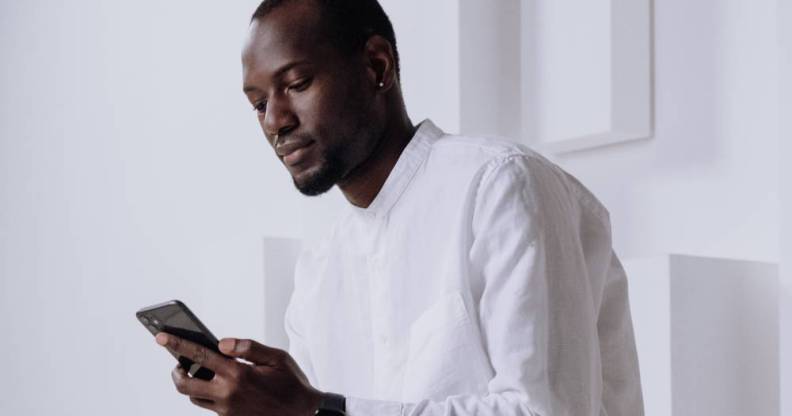Apple adds gender-neutral Siri option voiced by queer person. Meet ‘Quinn’

Apple has added a gender-neutral Siri voice option, and the digital assistant’s new voice was recorded by a “member of the LGBTQ+ community”. (Pexels)
Apple is testing out a gender-neutral Siri voice in its latest iOS beta, reportedly named Quinn.
iOS 15.4, currently in testing, will offer a new voice option for its digital assistant that isn’t explicitly male or female, Axios reported.
Apple confirmed that the new voice was recorded by a member of the LGBT+ community, but it didn’t offer any comment about the voice actor’s identity.
The tech giant told Axios that it was “excited” to introduce the new Siri voice to give “users more options to choose a voice that speaks to them”.
“Millions of people around the world rely on Siri every day to help get things done, so we work to make the experience feel as personalised as possible,” Apple said.
The gender-neutral voice, simply labelled as option five on the Siri menu, was added to the beta of iOS 15.4 that was released to developers and the public on Tuesday (22 February).
But Steve Moser, an iOS developer and MacRumors contributor, reported on Twitter that the filename refers to the new gender-neutral voice as “Quinn” – perhaps a reference to the trans footballer and Olympic gold medallist.
iOS 15.4 Beta 4 changes ?: Apple adds a 5th American Siri voice with filename ‘Quinn’ pic.twitter.com/HFQZV1oF0I
— Steve Moser (@SteveMoser) February 22, 2022
The new voice is part of an effort by the tech giant to offer a more diverse array of options. It arrives nearly a year after Apple added two Siri voice options recorded by Black actors and stopped defaulting to using a female-sounding voice.
Apple said in a statement at the time that the company was continuing its “long-standing commitment to diversity and inclusion” by offering “products and services that are designed to better reflect the diversity of the world we live in”.
Previously, Siri defaulted to a female voice, but now users are required to select their preferred option when starting the process of setting up their devices. They can change Siri’s voice at any time in the future if they prefer.
Apple CEO Tim Cook is one of the richest – and most powerful – LGBT+ people in the world.
However the tech giant drew criticism last year when it was accused of enabling the widespread censorship of LGBT+ apps in 152 different countries in a damning report.

